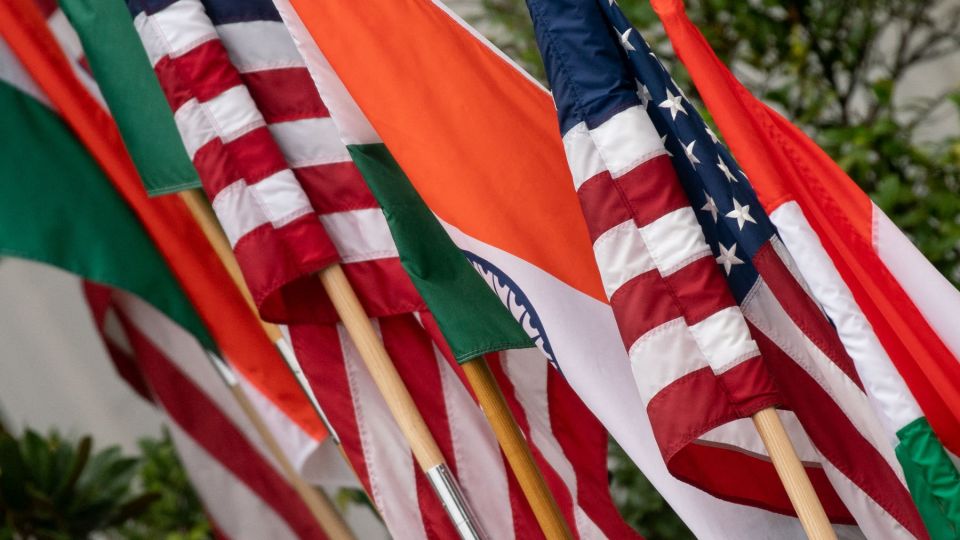September 19, 2025
NEW DELHI – The US Embassy in New Delhi has revoked and subsequently denied visas to some Indian corporates and their families over their alleged links to trafficking of fentanyl precursors.
Revocations and denials are based on sections 221(i), 212(a)(2)(C), and 214(b) of the Immigration and Nationality Act, rendering individuals and their families potentially ineligible for US travel, the embassy said in a statement on Thursday.
There was no immediate reaction from New Delhi.
The embassy said the move underscores the US’s commitment to combating the illicit drug trade, particularly the deadly synthetic opioid fentanyl. “Stopping the flow of fentanyl and its precursors into the United States is one of our highest priorities. We have revoked visas for company executives and family for the unlawful involvement in controlled substance trafficking, including fentanyl,” the Embassy said in a post on X.
As a result of this decision, these individuals and close family members may not be eligible for travel to the US. The embassy is further flagging executives connected with companies known to have trafficked fentanyl precursors for heightened scrutiny if and when they apply for US visas.
“The US Embassy in New Delhi remains steadfast in its commitment to combating illicit drug trafficking. Individuals and organisations involved in the illegal production and trafficking of drugs to the United States, along with their families, will face consequences that may include being denied access to the United States,” Charge d’affaires Jorgan Andrews said.


